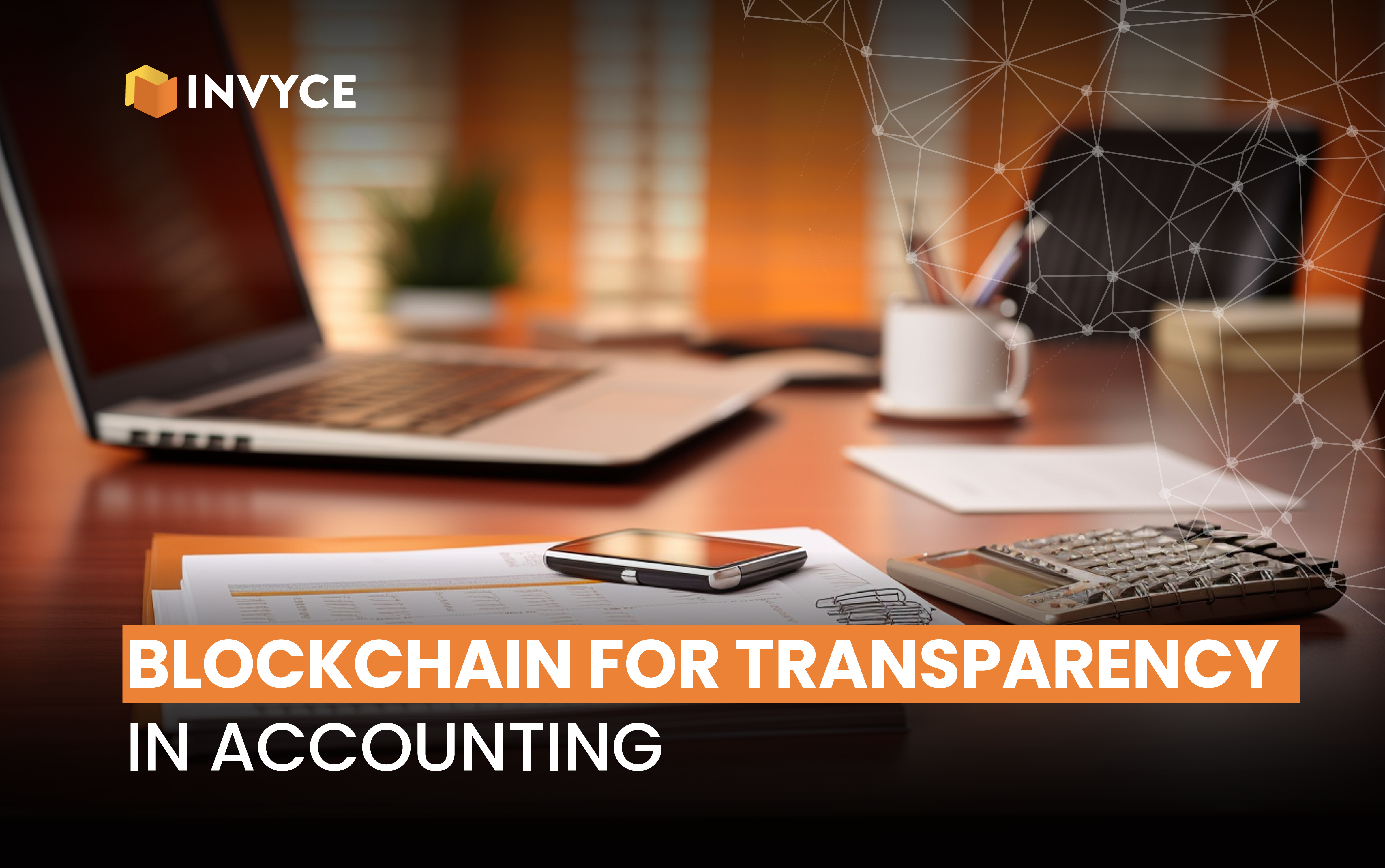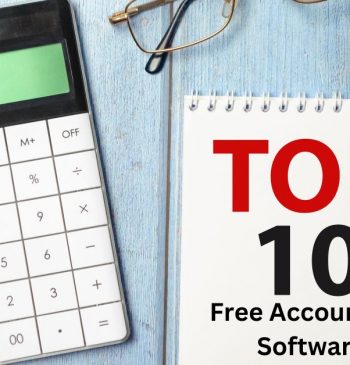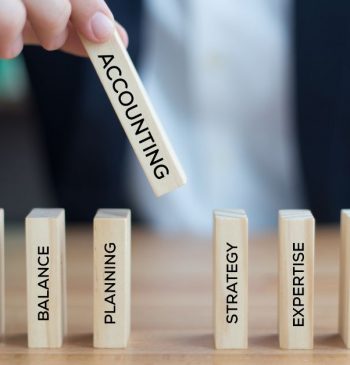22 May

Accuracy and trust have always been at the heart of accounting. Accountants manage, verify, and report financial information that stakeholders use to make informed decisions. The traditional accounting system, however, is susceptible to errors, fraud, and lack of transparency. With blockchain technology, accounting will enjoy unprecedented openness and trust.
Table of Contents
What is Blockchain?
A blockchain is a distributed ledger technology that allows multiple parties to have simultaneous access to a continually updated digital ledger. Unlike traditional databases, blockchains are decentralized and maintained by multiple computers, called nodes.
This makes them highly trustworthy and secure. Blockchains are based on blocks of transactions that are linked with each other, allowing for immutability and transparency. Blockchains are based on blocks of transactions that are linked with each other, allowing for immutability and transparency.
Benefits of Blockchain in Accounting
Enhanced Transparency
Blockchain technology offers enhanced transparency as one of its most significant advantages in accounting. Every transaction recorded on a blockchain is visible to all parties involved, making it easy to trace the history of any financial activity. This transparency helps build trust among stakeholders, as they can verify the accuracy of financial information in real-time.
Improved Precision and Reduced Errors
Manual procedures, which are easy targets for human mistakes, are frequently used in traditional accounting systems. Blockchain lowers the possibility of errors by automating many of these procedures. Furthermore, blockchain minimizes errors by reducing the requirement for reconciliation across disparate ledgers because it is a single source of truth.
Increased Security
Blockchain is extremely secure since it is decentralized. Since every transaction is connected to the one before it and is encrypted, hackers can seldom change the data without being noticed. Accounting, where maintaining the integrity of financial data is crucial, benefits greatly from this high level of security.
Efficient Auditing
Auditing is a critical aspect of accounting, but it can be time-consuming and costly. Blockchain simplifies the auditing process by providing a transparent and immutable record of all transactions. Auditors can access the blockchain to verify financial information quickly and efficiently, reducing the time and cost associated with traditional audits.
Fraud Prevention
Fraud is a significant concern in accounting. Blockchain’s transparency and immutability make it an effective tool for preventing fraud. Because all transactions are recorded and cannot be altered, it is much harder for individuals to commit fraudulent activities without being detected. This increased level of security helps protect organizations from financial losses and reputational damage.
Real-World Applications of Blockchain in Accounting
Supply Chain Management
Blockchain technology is already being used to enhance transparency in supply chain management. By recording every transaction on a blockchain, companies can trace the origin and journey of goods from production to delivery. This level of transparency ensures that all parties involved are accountable for their actions, reducing the risk of fraud and errors.
Regulatory Compliance
Compliance with regulatory requirements is a major challenge for accountants. Blockchain can streamline this process by providing a transparent and immutable record of all financial transactions. Regulators can access this information to verify compliance, making it easier for organizations to meet their legal obligations.
Financial Reporting
Accurate financial reporting is essential for decision-making. Blockchain technology can improve the accuracy and transparency of financial reports by providing a single source of truth for all financial transactions. This ensures that stakeholders have access to reliable information, helping them make informed decisions.
Smart Contracts
Smart contracts are self-executing contracts with the terms of the agreement directly written into code. They automatically enforce and execute the terms of a contract when predefined conditions are met. In accounting, smart contracts can be used to automate processes such as invoicing and payments, reducing the need for manual intervention and minimizing the risk of errors.
Challenges of Implementing Blockchain in Accounting
Technical Complexity
Implementing blockchain technology requires a high level of technical expertise. Organizations need to invest in the necessary infrastructure and train their staff to use and maintain the system effectively. This can be a significant barrier for smaller firms with limited resources.
Regulatory Uncertainty
The regulatory environment for blockchain technology is still evolving. Different countries have different regulations regarding the use of blockchain, which can create uncertainty for organizations looking to adopt the technology. Accountants need to stay informed about the latest regulatory developments to ensure compliance.
Integration with Existing Systems
Integrating blockchain with existing accounting systems can be challenging. Organizations need to ensure that their current systems are compatible with blockchain technology, which may require significant changes to their infrastructure and processes.
Cost
Implementing blockchain technology can be costly. Organizations need to invest in the necessary hardware, software, and training to ensure successful implementation. However, the long-term benefits of increased transparency, security, and efficiency may outweigh the initial costs.
Conclusion
Blockchain technology offers to bring previously unheard-of levels of security, accuracy, and transparency to the accounting industry, potentially changing it. Blockchain technology is not without its difficulties, but for businesses hoping to improve their accounting procedures, the returns are great enough to justify the investment. We’re going to see more and more creative uses of blockchain in accounting as the technology develops, which will only serve to reinforce its revolutionary status in the field.
Marjina Muskaan has over 5+ years of experience writing about finance, accounting, and enterprise topics. She was previously a senior writer at Invyce.com, where she created engaging and informative content that made complex financial concepts easy to understand.
Related Post
Copyright © 2024 – Powered by uConnect



Marjina Muskaan